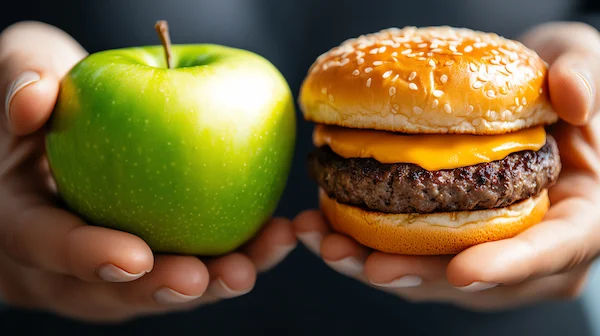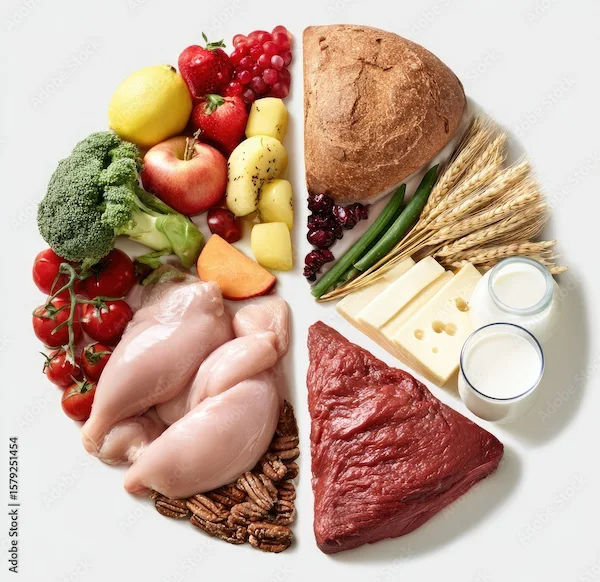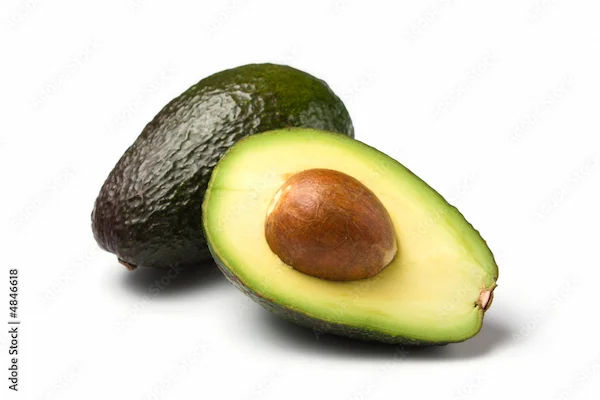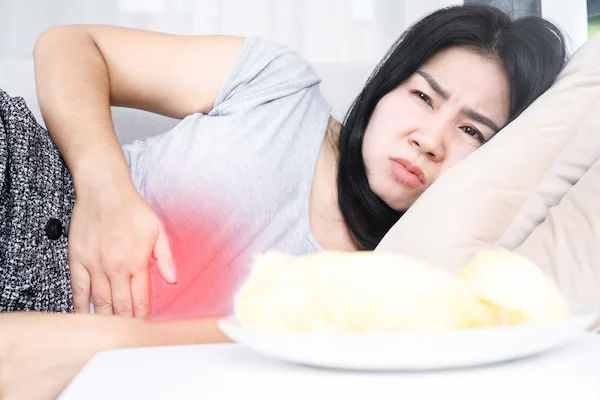Negative Effects of High Alcohol Consumption
Know about the negative effects of high alcohol consumption, how it affects your health, signs of drinking too much and tips to reduce alcohol consumption.

Written by Dr. M L Ezhilarasan
Reviewed by Dr. Dhankecha Mayank Dineshbhai MBBS
Last updated on 18th Aug, 2025

Introduction
Alcohol is a common part of social gatherings and celebrations, but excessive or long-term consumption can have serious consequences on your health. While moderate drinking may not always be harmful, high alcohol intake can lead to physical, mental, and social problems. Understanding these risks can help you make informed choices about alcohol consumption.
How Does High Alcohol Consumption Affect Your Health?
Drinking too much alcohol, whether occasionally (binge drinking) or regularly, can harm multiple organs and systems in your body. Here are some of the major negative effects:
1. Liver Damage
The liver is responsible for breaking down alcohol, but excessive drinking can overwhelm it, leading to:
- Fatty liver – Buildup of fat in liver cells.
- Alcoholic hepatitis – Inflammation and liver cell damage.
- Cirrhosis – Permanent scarring of the liver, which can lead to liver failure.
2. Heart Problems
Heavy drinking increases the risk of:
- High blood pressure
- Irregular heartbeat (arrhythmia)
- Cardiomyopathy (weakening of heart muscles)
- Increased risk of stroke
Consult a General Practitioner for Personalised Advice
3. Weakened Immune System
- Alcohol weakens the immune system, making you more prone to infections like pneumonia and tuberculosis.
4. Digestive Issues
Excessive alcohol irritates the digestive tract, leading to:
- Stomach ulcers
- Acid reflux
- Pancreatitis (inflammation of the pancreas)
5. Brain and Nervous System Effects
Alcohol affects brain function, causing:
- Memory loss
- Poor concentration
- Mood swings, anxiety, and depression
- Increased risk of dementia
6. Increased Risk of Cancer
Long-term heavy drinking is linked to cancers of the:
- Mouth
- Throat
- Esophagus
- Liver
- Breast (in women)
7. Weight Gain and Poor Nutrition
- Alcohol is high in empty calories, leading to weight gain. It also interferes with nutrient absorption, causing deficiencies in vitamins like B12 and folate.
8. Mental Health Problems
Alcohol can worsen mental health conditions like:
- Depression
- Anxiety
- Sleep disorders
9. Addiction (Alcohol Use Disorder)
Frequent heavy drinking can lead to dependence, making it difficult to quit without professional help.
Signs You May Be Drinking Too Much
It includes:
- Needing more alcohol to feel the same effect
- Drinking alone or in secret
- Neglecting responsibilities due to drinking
- Failed attempts to cut down
- Withdrawal symptoms (shaking, sweating, nausea) when not drinking
Tips to Reduce Alcohol Consumption
If you're concerned about your drinking habits, here are some steps to help you cut back:
1. Set Limits
Follow guidelines:
- No more than 2 drinks per day for men and 1 drink per day for women.
- Avoid binge drinking (4+ drinks for women, 5+ drinks for men in a short time).
2. Choose Alcohol-Free Days
- Take breaks from drinking to give your body time to recover.
3. Find Alternatives
- Opt for non-alcoholic beverages like flavoured water, herbal teas, or mocktails.
- Engage in hobbies or activities that don’t involve drinking.
4. Eat Before Drinking
- Food slows alcohol absorption, reducing its effects.
5. Seek Support
- Talk to friends or family about your goals.
- Join support groups like Alcoholics Anonymous (AA).
- Consult a doctor or counsellor if you struggle to cut back.
When to Seek Medical Help
If you or a loved one is experiencing:
- Withdrawal symptoms (tremors, confusion, seizures)
- Uncontrollable cravings
- Liver or digestive problems
It may be time to seek professional help. Apollo 24|7 offers consultations with specialists who can guide you toward healthier habits.
Final Thoughts
While alcohol in moderation may not always be harmful, excessive consumption can severely impact your physical and mental well-being. Recognising the risks and taking steps to reduce intake can help you lead a healthier, happier life.
Consult a General Practitioner for Personalised Advice
Consult a General Practitioner for Personalised Advice

Dr. Mainak Baksi
General Practitioner
13 Years • MBBS , MD (MPH)
Howrah
Mainak Baksi Clinic, Howrah
(50+ Patients)

Dr. Rajib Ghose
General Practitioner
25 Years • MBBS
East Midnapore
VIVEKANANDA SEBA SADAN, East Midnapore

Dr. Bulbul Biswas
General Practitioner
35 Years • MBBS, Diploma in Maternity and child welfare
Kolkata
HERSTEL CARE CLINIC, Kolkata
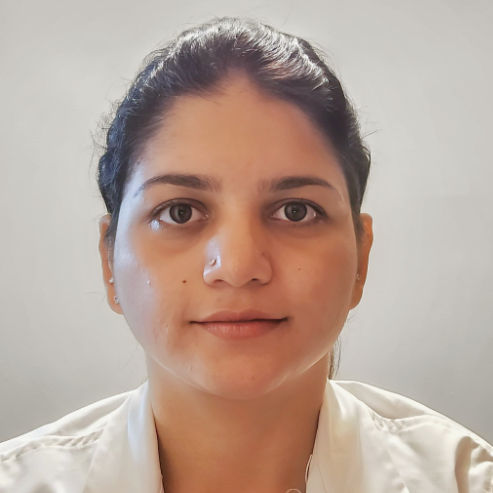
Dr Bhumika Lalwani
General Surgeon
4 Years • MBBS MS
Bengaluru
PRESTIGE SHANTHINIKETAN - SOCIETY CLINIC, Bengaluru

Dr. Swati Hanmanthappa
General Physician/ Internal Medicine Specialist
2 Years • MBBS
Bengaluru
Apollo Clinic, Electronic City, Bengaluru
Consult a General Practitioner for Personalised Advice

Dr. Mainak Baksi
General Practitioner
13 Years • MBBS , MD (MPH)
Howrah
Mainak Baksi Clinic, Howrah
(50+ Patients)

Dr. Rajib Ghose
General Practitioner
25 Years • MBBS
East Midnapore
VIVEKANANDA SEBA SADAN, East Midnapore

Dr. Bulbul Biswas
General Practitioner
35 Years • MBBS, Diploma in Maternity and child welfare
Kolkata
HERSTEL CARE CLINIC, Kolkata

Dr Bhumika Lalwani
General Surgeon
4 Years • MBBS MS
Bengaluru
PRESTIGE SHANTHINIKETAN - SOCIETY CLINIC, Bengaluru

Dr. Swati Hanmanthappa
General Physician/ Internal Medicine Specialist
2 Years • MBBS
Bengaluru
Apollo Clinic, Electronic City, Bengaluru
